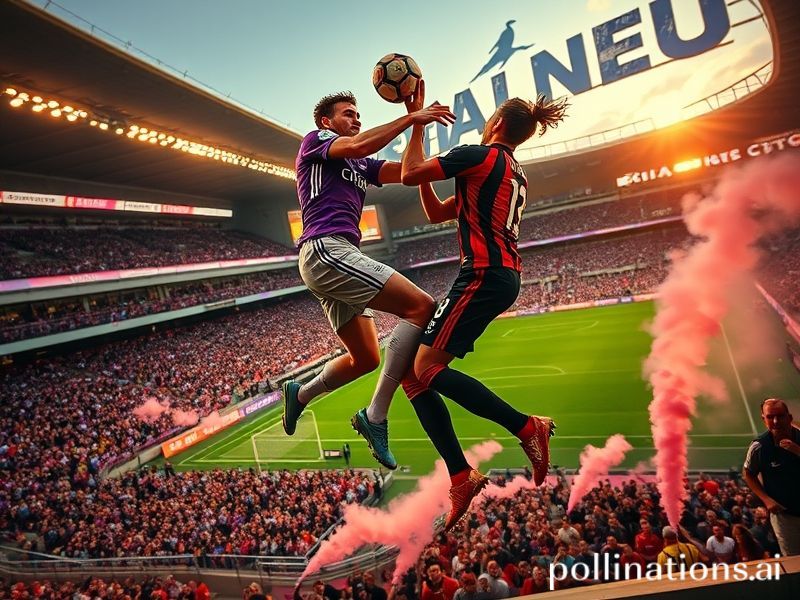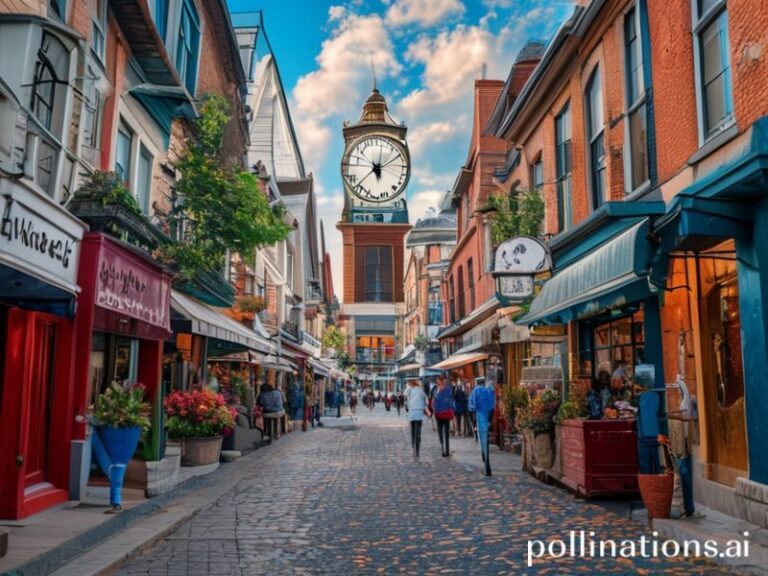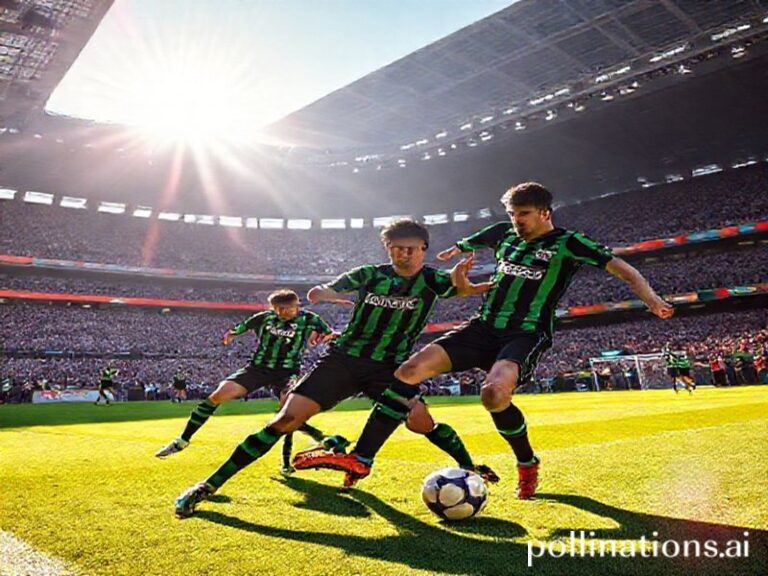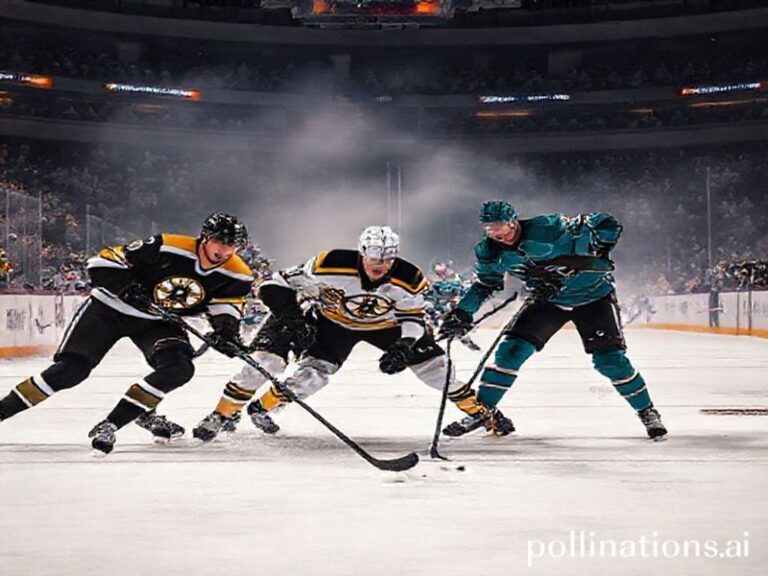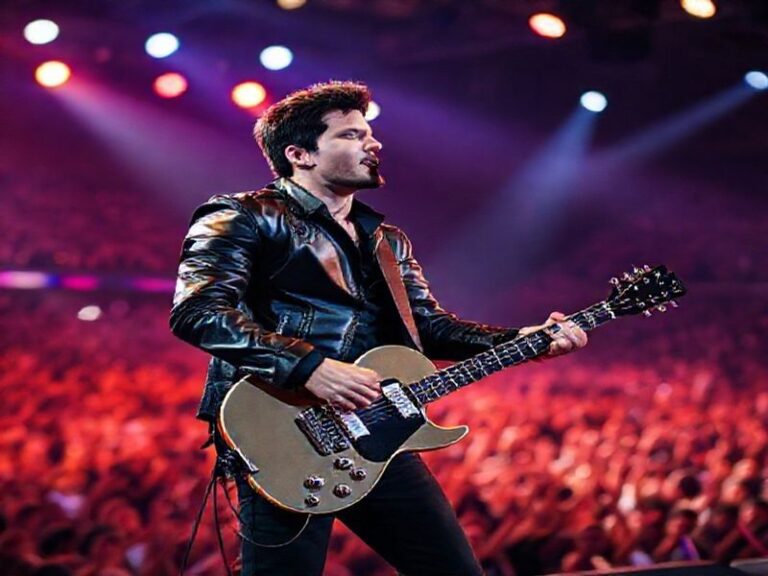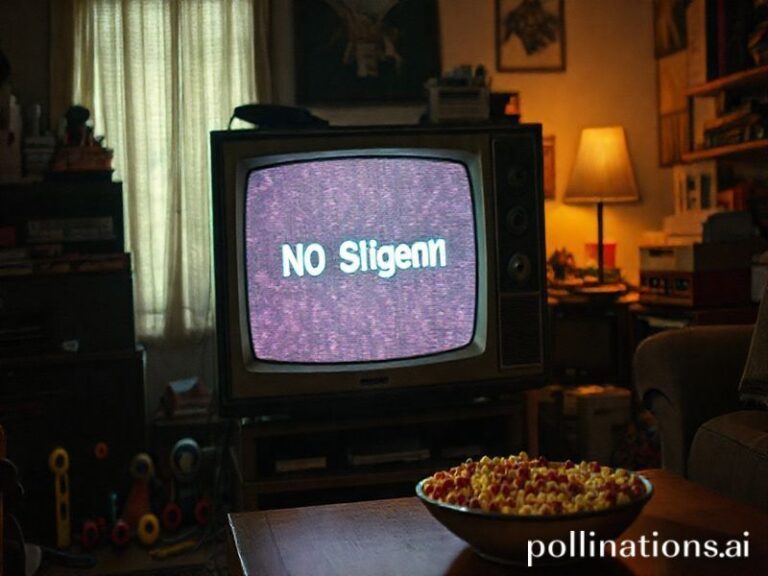Orlando vs D.C. United: When Theme-Park Capitalism Meets Imperial Decline on a Soccer Pitch
ORLANDO, Florida—On Saturday night, Exploria Stadium will stage another installment of Major League Soccer’s most charmingly lopsided rivalry: Orlando City versus D.C. United, the tale of two capitals—one built on fairy dust and foreclosure, the other on marble and moral compromise. From the outside, it’s only 90 minutes of 22 men chasing a ball while wearing shirts that double as moving billboards, but from a global perch it is, like everything else these days, a miniature morality play about power, branding, and the exquisite futility of hope.
Let’s start with geography. Orlando is where the world vacations to forget the world is ending; Washington is where the world’s ending is politely scheduled between committee hearings. One city sells mouse ears, the other sells arms deals. Naturally, their soccer teams have followed suit. Orlando City—purple-clad, Disney-adjacent, and still younger than most TikTok stars—arrives unbeaten in three, powered by Facundo Torres, a Uruguayan whose surname translates to “Towers,” presumably because he keeps scoring while everyone else is still busy reading the fine print on the stadium naming rights. Meanwhile, D.C. United—MLS royalty in the same way the Habsburgs were royalty right before the empire collapsed—limps in with a single win, having discovered that nostalgia is not, in fact, a tactical system.
From a purely tactical standpoint, the matchup is fascinating in the way a slow-motion train derailment is fascinating. Orlando presses high with the manic optimism of someone refinancing their mortgage at 8%. D.C., coached by the eternally furrowed Troy Lesesne, prefers a conservative 4-2-3-1 that looks suspiciously like a congressional budget: balanced on paper, bankrupt in practice. Internationally, this translates to the familiar dialectic between emerging markets and declining empires. Orlando is Qatar buying PSG; D.C. is Britain post-Brexit, still insisting the Royal Navy matters.
The rosters reinforce the metaphor. Orlando’s midfield features César Araújo, another Uruguayan whose surname cruelly translates to “tree grove,” hinting at both rootedness and the fact that nobody can see the forest through the branding. Across the pitch, D.C. relies on Christian Benteke, a Belgian striker whose career arc resembles the euro—once formidable, now fluctuating wildly based on rumors. Watching Benteke attempt a first touch these days is like watching the ECB raise interest rates: technically correct, existentially terrifying.
Global implications? Oh, they’re everywhere. The match will stream in 190 countries on MLS Season Pass, which means a goat herder in Kyrgyzstan can now watch American center-backs treat the ball like a live grenade. Meanwhile, FIFA quietly expands the 2026 World Cup to 48 teams, confirming that scarcity is out and participation trophies are in—an ethos Orlando has embodied since 2015. And because no modern sportswashing project is complete without geopolitical garnish, keep an eye on the sidelines: Orlando’s owners include the Wilf family, whose fortune traces back to shopping-mall oligarchy; D.C.’s minority stakeholder is a Saudi sovereign fund, proving that even MLS is now subject to OPEC+ production cuts.
Off the field, the fan cultures could hardly differ more. Orlando supporters arrive via monorail, clutching overpriced churros and existential dread. D.C. fans take the Metro, which breaks down just often enough to remind them that infrastructure is a metaphor. Both sets of ultras sing, though only one group has to compete with a guy in a wizard hat proposing to his girlfriend on the Jumbotron. Spoiler: She said yes, because in America, hope is always the upsell.
So what does it all mean? In the macro sense, very little. The winner gets three points toward a playoff system designed to ensure that everyone still feels special by October. In the micro sense, however, the game is a pristine distillation of 2024: two cities, two brands, two versions of late-capitalist theater pretending it’s sport. Somewhere in the middle, a ball will move, a whistle will blow, and 25,000 people will chant as if the outcome could fix zoning laws.
Full-time will arrive, the stadium lights dim, and both teams will board carbon-offset charter flights to the next manufactured drama. The planet will keep warming, the geopolitical order will keep wobbling, and MLS will keep expanding to cities whose last names end in “FC” like a nervous tic. All that remains is the scoreline—numbers on a screen, flickering in a Kyrgyz yurt, proof that even in the age of perpetual crisis, humanity still finds time to argue about VAR.
And that, dear reader, is the most American stat of all.

